Paul Spong has an impressive resume.
The Alert Bay resident is a brain scientist who became a conservationist and champion of whales. And he now has one more honour to add to his list of achievements.
Spong is among 14 British Columbians recently named to the Order of British Columbia, the province’s highest honour.
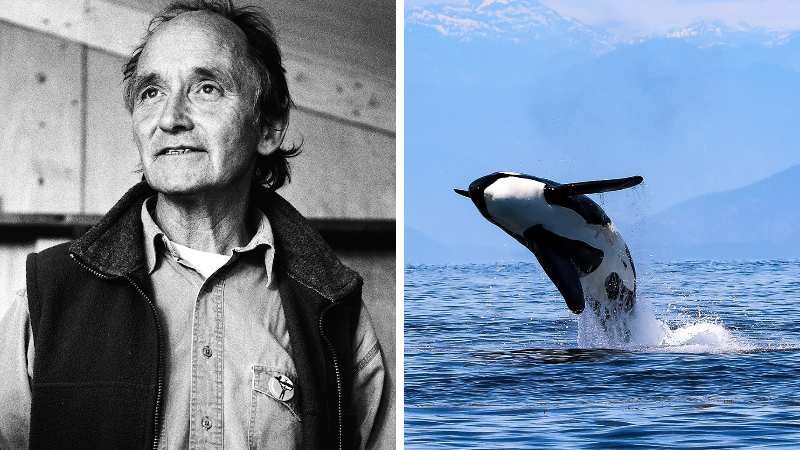
Spong, a native New Zealander, came to Canada in 1967 to work with the University of British Columbia and study captive whales at the Vancouver Aquarium.
But after working closely for two years with a whale named Skana he began arguing publicly that keeping these “highly intelligent, social animals” is unfair, and called for their release.
The aquarium responded by cancelling the research project.
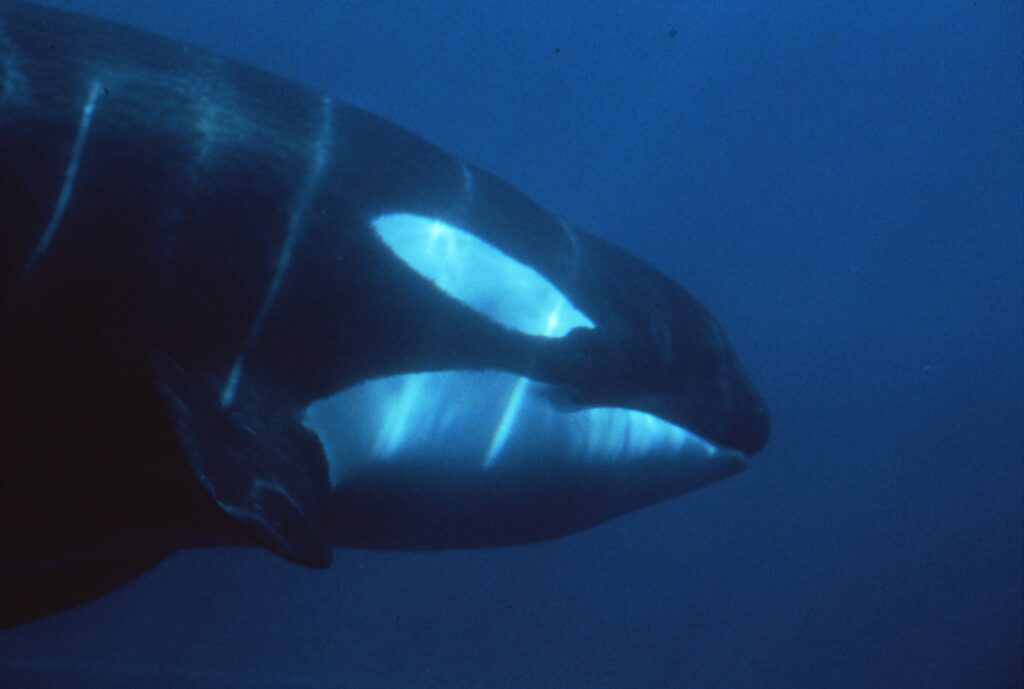
Spong then turned to researching orcas in the wild. He helped launch Greenpeace’s Save the Whales campaign, and worked on successful conservation campaigns, including saving part of the Great Bear Rainforest from logging, and establishing the Maplewood Flats wildlife preserve in North Vancouver.
But Spong may be best known for Orcalab, the research centre he founded on Hanson Island in 1970. Its philosophy, says Orcalab’s website, is “it is possible to study the wild without interfering with lives or habitat.”
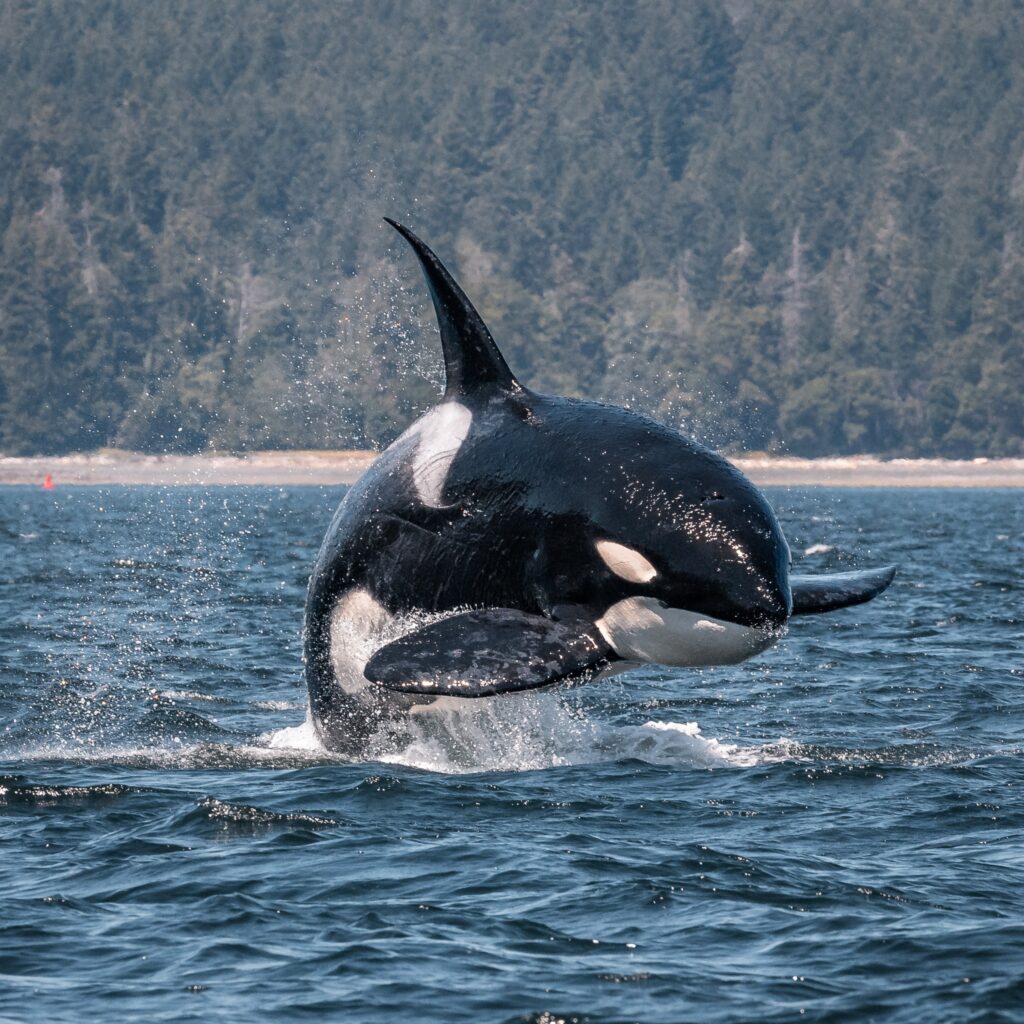
As well as researching whales by using underwater microphones and video cameras, Orcalab streams webcams of Northern Resident Orcas to more than 70 countries. You can watch the whale antics at Orcalab via its livecams here.
Spong received the Order of British Columbia because his “pioneering efforts and decades of research, advocacy, vision and leadership have had a profound impact, locally and worldwide, in expanding understanding of orcas and changing how orcas are perceived and treated.”
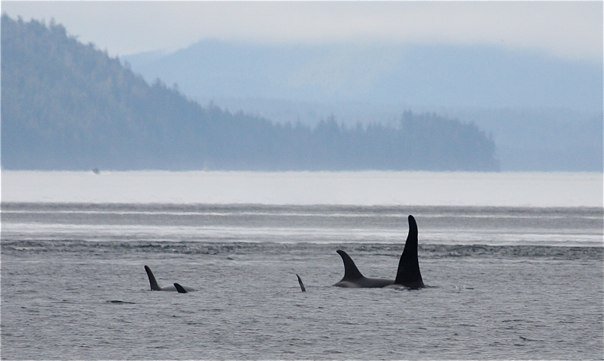
Wild whales, studies suggest, live at least as long as humans. Spong’s first research subject Skana only lived to about age 18, when she died of a fungal infection at the aquarium. But Skana’s impact on Spong lives on.
Four years ago, after decades of heated controversy, the Vancouver aquarium said it would no longer keep whales and dolphins in captivity.
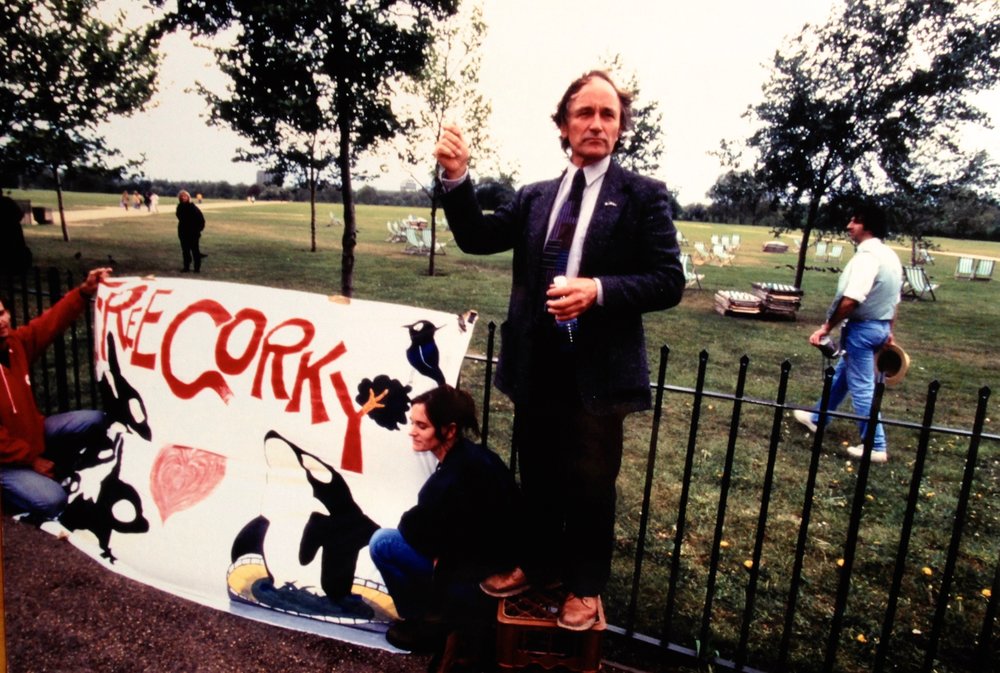
Today, Spong helps lead the campaign to free Corky, a whale captured in B.C. who is now the longest-lived orca in captivity, performing at the SeaWorld entertainment facility in San Diego.
“The intertwined threads of Spong’s life work are recognized throughout the world,” said the Order of B.C.
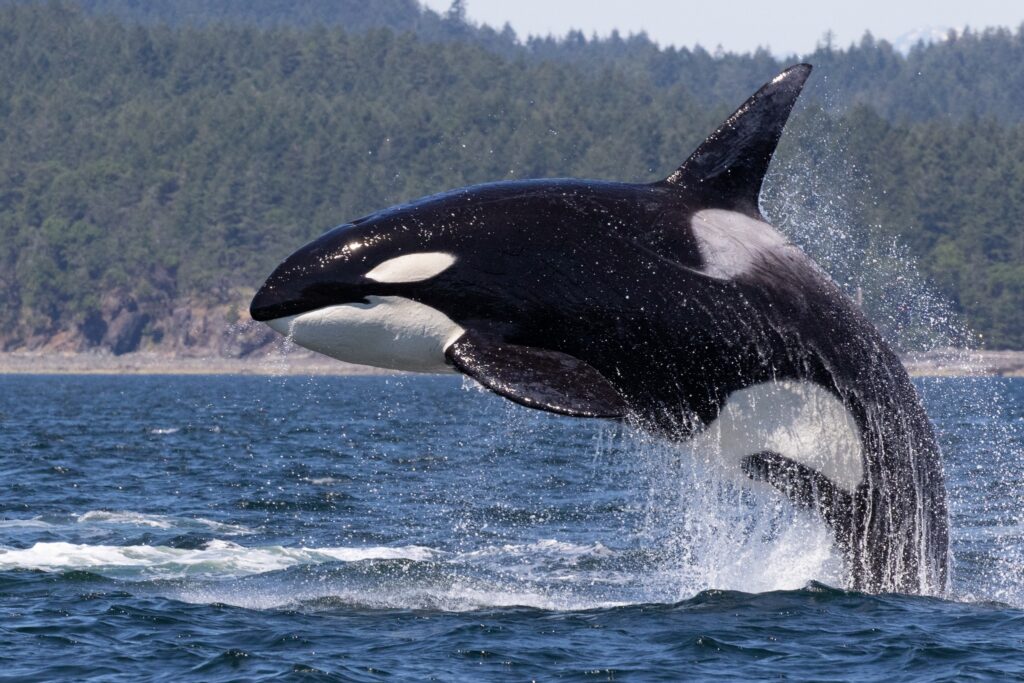
The order states its aim is to honour “outstanding people from all walks of life and from all parts of the province.”
“You have helped create a better British Columbia and for that we are grateful,” said Premier John Horgan, in the statement announcing this year’s recipients.
This year’s members will be formally invested in a ceremony this fall. For a full list of new and previous Order recipients, visit the government website.






